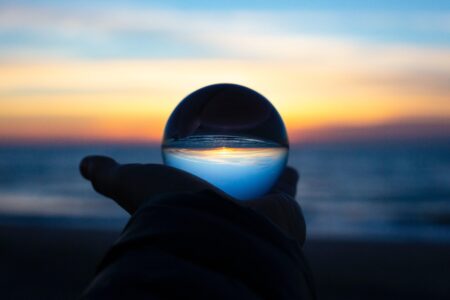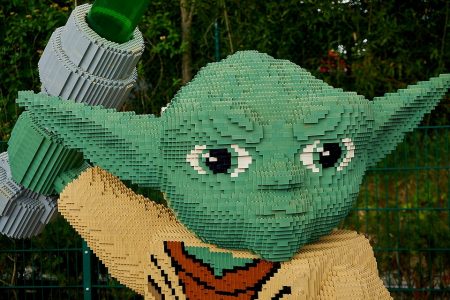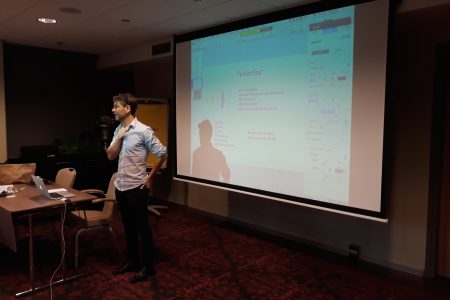How do the FAIR principles translate to different disciplines?
The Findable, Accessible, Interoperable and Reusable (FAIR) principles are non-discipline specific, but the implementation of them needs to be! Top 10 FAIR Things are brief guides related to FAIR within several disciplines.
The Findable, Accessible, Interoperable and Reusable (FAIR) principles are non-discipline specific, but the implementation of them needs to be!
In November 2018 an activity started to introduce researchers, research data professionals and research software professionals to the FAIR principles by making brief guides with short descriptions of things related to FAIR within several disciplines. These short descriptions are actually called “Things”, and usually include one or more activities to explore the knowledge gained by reading the short descriptions. They are intended to be a first step towards creating “FAIR awareness” within specific disciplines and the idea is that you can pick and choose among the Things based on your own interest and time available.
Top 10 FAIR Things are available for the following disciplines:
- Imaging
- Music
- The European Open Science Cloud
- Oceanography
- Research Software
- Research Libraries
- Research Data Management Support
- International Relations
- Humanities: Historical Research
- Geoscience
- Biomedical Data Producers Stewards, and Funders
- Biodiversity
- Australian Government Data/Collections
- Archaeology
You can find these documents on an evolving Github repository and a website. Some are also included in a final published version on Zenodo. The material has also been added to the Data Management Training Clearinghouse.
These Things were created during an event organized by the Australian Research Data Commons (ARDC), the Library Carpentry and the Libraries for Research Data Interest Group in collaboration with FOSTER Open Science, OpenAire, RDA Europe, Data Management Training Clearinghouse, California Digital Library, Dryad, AARNet, the Centre for Digital Scholarship at the Leiden University Libraries (CDS), and DANS. More information about the process can be found in this blog by the Library Carpentry.
On May 10 and May 13 a second sprint took place at the CDS to define Top 10 FAIR Things for Astronomy. This time it was carried out under the umbrella of the Library Carpentry and Mozilla Global Sprint. The work on these Top 10 FAIR Things for Astronomy was organized by the CDS, the Research Data Services at the Vrije Universiteit Amsterdam and the Navari Family Center for Digital Scholarship at the University of Notre Dame. This document is still in process and possible to comment as a Google Doc. It will be released after the summer through the Library Carpentry channels reported above.
Are you interested in creating a Top 10 FAIR Things for your discipline or want to learn more about how to use them? Contact the CDS for more information.






